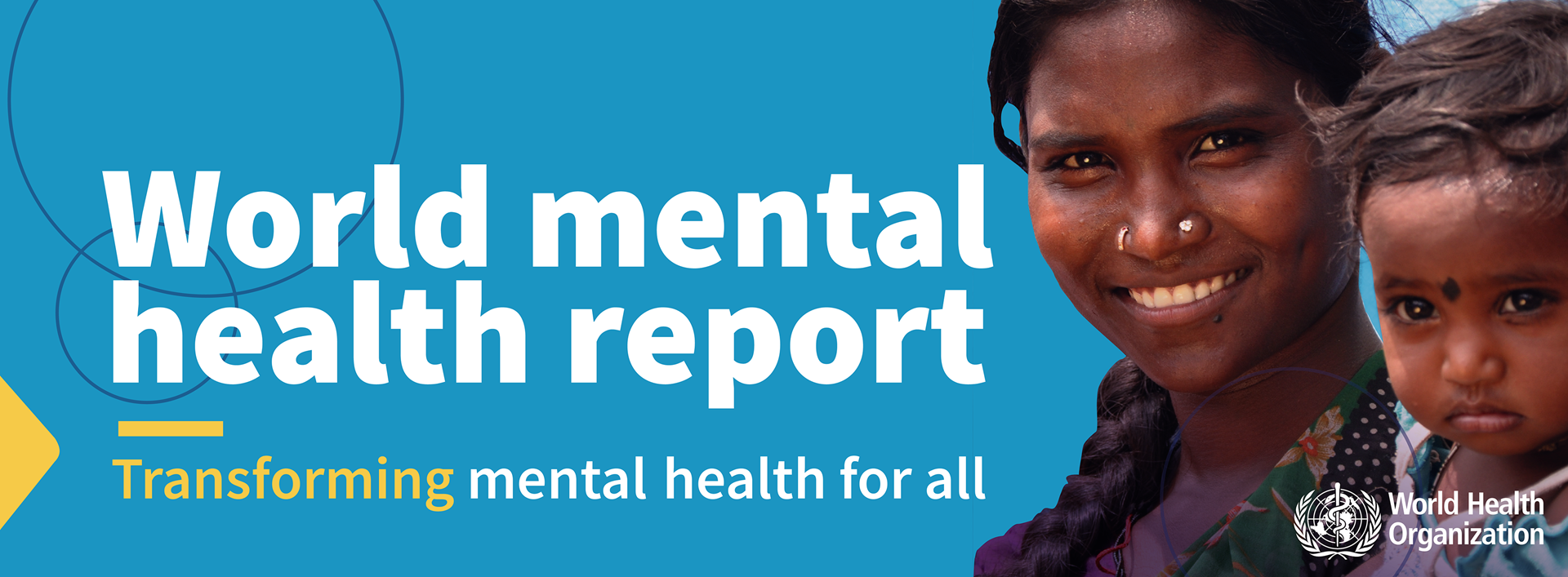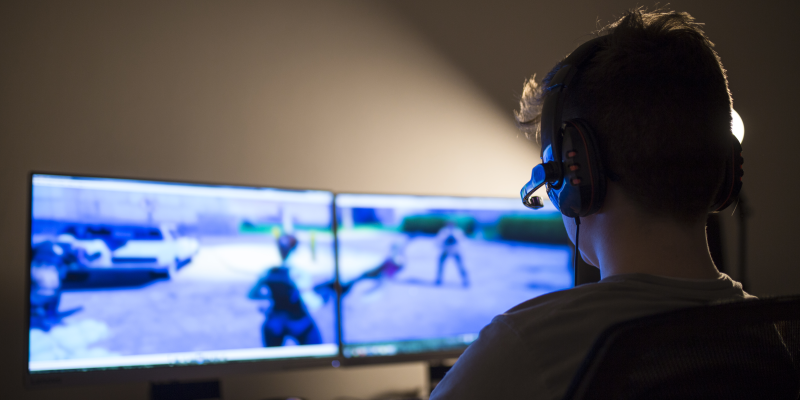WHO Collaborating Center for Training and Research in Mental Health

WHO and ILO call for better protection of mental health at work

© World Health Organization
Work and mental health are closely linked. While a safe and healthy work environment promotes mental health, an unhealthy workplace can lead to serious mental disorders. As this issue becomes increasingly prevalent, and the urgency for action becomes clear, the WHO and ILO are jointly issuing new recommendations and policy brief that will lay the foundation for change in occupational mental health worldwide. The WHO Collaborating Centre for Research and Training in Mental Health, housed at the UNIGE Faculty of Medicine since 1998, has long been involved in this issue and actively supports this process.
By 2022, 15% of working-age adults will be living with a mental disorder. While having a job can be a protective factor for mental health, and even promote recovery, professional environment can have a very negative impact. Stress, excessive pressure, inability to effectively separate work and private life, feelings of job insecurity and harassment are just some of the risks posed by unhealthy work environments. "As a mental health professional, I noticed in my clinical practice, over the past decade, an increase in treatment seeking for burnout, for anxiety, and for depressive disorders linked to overwork, as well as an increase in addictive disorders, including those mediated by Internet, as a means of coping with professional difficulties," stresses Dr Sophia Achab, Director of the WHO Collaborating Centre for Research and Training in Mental Health and Associate Deputy Head at the Addiction Division of University Hospitals of Geneva.
Without appropriate support, health of affected individuals can rapidly deteriorate. Every year, 12 billion working days are lost due to depression and anxiety, costing $1 trillion a year in lost productivity. Around the world, workers, families, businesses and entire economies are impacted by mental health problems, whether or not they are work-related. The World Health Organization (WHO) and the International Labour Office (ILO) released 28 September 2022 a report to tackle the pressing issue. The international organisations also highlight the duties of employers and the rights and responsibilities of workers, and identify strategies to prevent the psychosocial risks’ burden at work and to protect and promote mental health and well-being of workers.
Dr Achab welcomes this global initiative: "During my expert mandates and collaborative activities with WHO, and in my roles in Executive Committees of various European and global scientific societies, I am committed to better addressing the mental health of populations, vulnerable groups, and health professionals. There is no health without mental health.
#MentalHealthAtWork WHO Guidelines on mental health at work

WHO Mental Health Report
Launch event on Friday 17 June, 2pm, online
WHO is releasing a major report on global mental health, the first in 20 years. Mental health is so important to all of us, yet it is often neglected. Around the world, mental health needs are great, but responses are insufficient and inadequate.
This report, based on data collected around the world, takes stock of the situation and presents examples of good practice. It also gives a voice to people with mental disorders: the first and foremost people affected, yet their voices are often unheard.
The WHO and its partners call for a much-needed change in the way we understand mental health, support people with mental disorders and fight stigma and discrimination. The WHO Collaborating Centre for Training and Research in Mental Health, hosted since 1998 at the UNIGE Faculty of Medicine, is joining this momentum to strengthen the value of and commitment to mental health, reshape the environments that influence it and strengthen systems of care.
Gaming and Gambling disorders included by WHO in ICD-11 as addictive disorders
The WHO has officially recognized video game and gambling related disorders as addiction in the new revision of the International Classification of Diseases and Related Health Problems (ICD-11) which came into force on February 11, 2022 .

Gaming disorder recognized as a mental illness by WHO
WHO has officially recognized gambling and gaming disorders as addiction in the new revision of the International Statistical Classification of Diseases and Related Health Problems.
Read the press release here (in French )

REDESIGNATION OF WHO COLLABORATING CENTRE SWI-54
In October 2021, WHO approved the redesignation of the Clinical and sociological Research Unit of the Department of Psychiatry at Geneva University, as WHO Collaborating Centre for Training and Research in Mental Health.
The Centre is active and labelled WHOCC since March 1998. This great achievement has been possible thanks to its strong , close, fruitful, productive and high-quality collaboration with World Health Organization.
- Provide technical contribution and support to WHO program activity and technical tools in the areas of mental health, substance use and addictive behaviors, and cognitive aging.
- To support the development of WHO information products on mental health, substance use and addictive behaviors, and cognitive aging.
- To assist WHO to plan, organize and implement education and training activities in the area of mental health, substance use and addictive behaviors, and cognitive aging in accordance with WHO strategies and action plans
- To support the implementation of the WHO strategies and action plans on mental health, substance use and addictive behaviors, and cognitive aging
- Product development (guidelines; manual; methodologies; etc.)
- Research
- Training and education
| 1.1.2 - Countries enabled to strengthen their health systems to deliver on condition- and disease-specific service coverage results | |
| 1.1.1 - Countries enabled to provide high-quality, people-centred health services, based on primary health care strategies and comprehensive essential service packages | |
| 3.2.1 - Countries enabled to develop and implement technical packages to address risk factors through multisectoral action |
